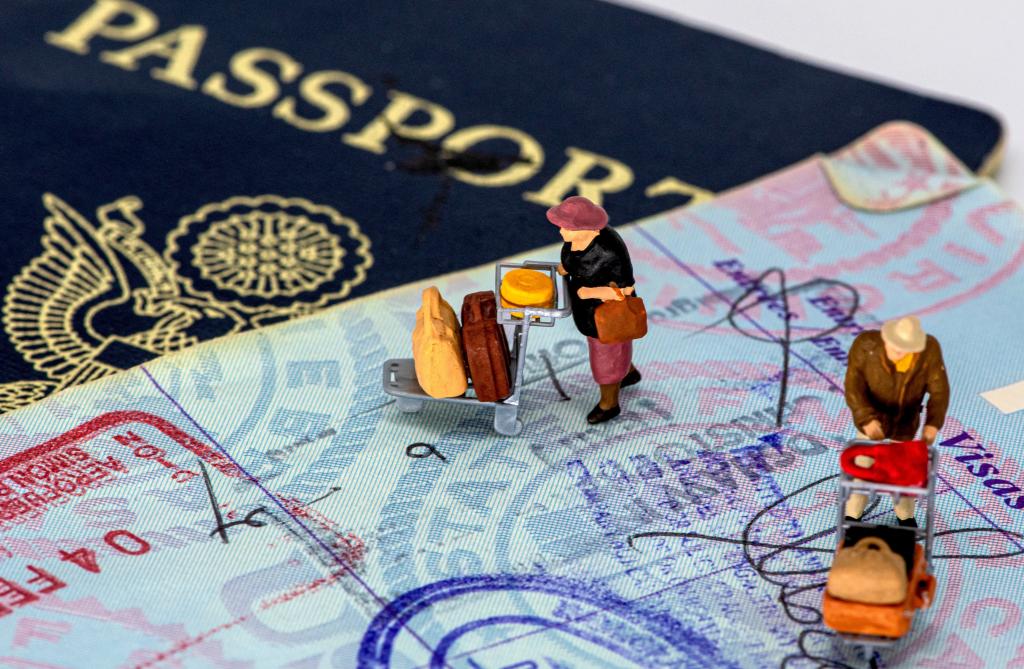By Fiona B. Adamson
Reader in International Relations, SOAS,
University of London
Gerasimos Tsourapas
Senior Lecturer in Middle East Politics
University of Birmingham
Turkey’s decision to let groups of migrants and refugees exit towards Europe is the latest example of how Turkey is weaponising migration and refugee issues in order to use them as part of a strategy of migration diplomacy.
Previously in March 2016, migration diplomacy overtures between the European Union (EU) and Turkey resulted in an agreement in which Brussels offered Ankara 6 billion euros and visa-free access for its citizens to Schengen in exchange for Turkey strengthening its external borders and accepting the return of irregular migrants from Greece.
Migration diplomacy is an increasingly important aspect of international relations and describes the use of diplomatic tools, processes, and procedures to manage cross-border population mobility. Examples include intergovernmental agreements that aim to encourage – or limit – migratory flows; the extension of preferential treatment to certain foreign nationals; or the creation of guest worker or other temporary labor migration schemes. Such agreements are a widespread, if understudied, aspect of international relations — a recent study, for example, found that states have collectively signed almost 800 bilateral labor agreements since 1945.
A migration diplomacy framework provides a way to understand how global migration flows impact on international relations. Migration diplomacy functions similarly to traditional diplomacy in that it is shaped by the competing interests and power relationships between states. Beyond military and economic indicators, however, a state’s position in the web of global migration flows affects its diplomatic strategies. A migration diplomacy framework conceptualizes states as deriving their interests and bargaining position vis-à-vis other states based in part on whether they are migration- receiving, sending, or transit states, as reflected in the practices of the International Organization of Migration. In other words, states’ interests lead them to engage in immigration, emigration, or transit migration, diplomacy, respectively.
In the United States – a receiving state — President Trump’s immigration diplomacy has involved a mix of “carrots” and “sticks” towards his Central American counterparts, as Washington aimed to prevent asylum-seekers from reaching its southern borders. Meanwhile, countries of origin – or sending states – such as India and the Philippines aim to safeguard the well-being of their citizens abroad via extensive institutional and bureaucratic processes that form part of their emigration diplomacy. The global rise of refugee flows has also created unique challenges and opportunities for transit states, particularly across the Global South: the EU has long-recognised the geopolitical importance of Libya and other states across the Maghreb. These states have used forms of transit migration diplomacy to leverage their position vis-à-vis the EU in relation to the management of sub-Saharan African migration flows.
“Just as states engage with one another in areas relating to war and peace, trade, economics, culture, the environment and human rights, migration is increasingly an important area of states’ bilateral and multilateral diplomatic relations.”
A migration diplomacy approach sheds light on countries’ bargaining strategies as they aim to regulate migrant and refugee flows. On the one hand, some governments may focus on absolute gains, developing a zero-sum and conflictual strategy vis-à-vis their partners: since 2015, Turkish migration diplomacy has often involved threats of unilateral actions with regard to its Syrian refugee community, just as Trump’s rhetoric of having Mexico pay for the border wall implies a zero-sum approach.
On the other hand, governments may opt for a relative-gains, or positive-sum, bargaining strategy: in early 2019, Ethiopia agreed to an ambitious aid package that would create over 100,000 jobs in recognition for the country’s efforts at protecting forcibly displaced populations living within its borders.
This is an excerpt. To read the full article, visit The Global.
Interested in contributing to our blog? Here is how.
Fiona B. Adamson & Gerasimos Tsourapas’ article “Migration Diplomacy in World Politics” is open-access and can be found in International Studies Perspectives, Volume 20, Issue 2, May 2019, Pages 113–128: https://doi.org/10.1093/isp/eky015


